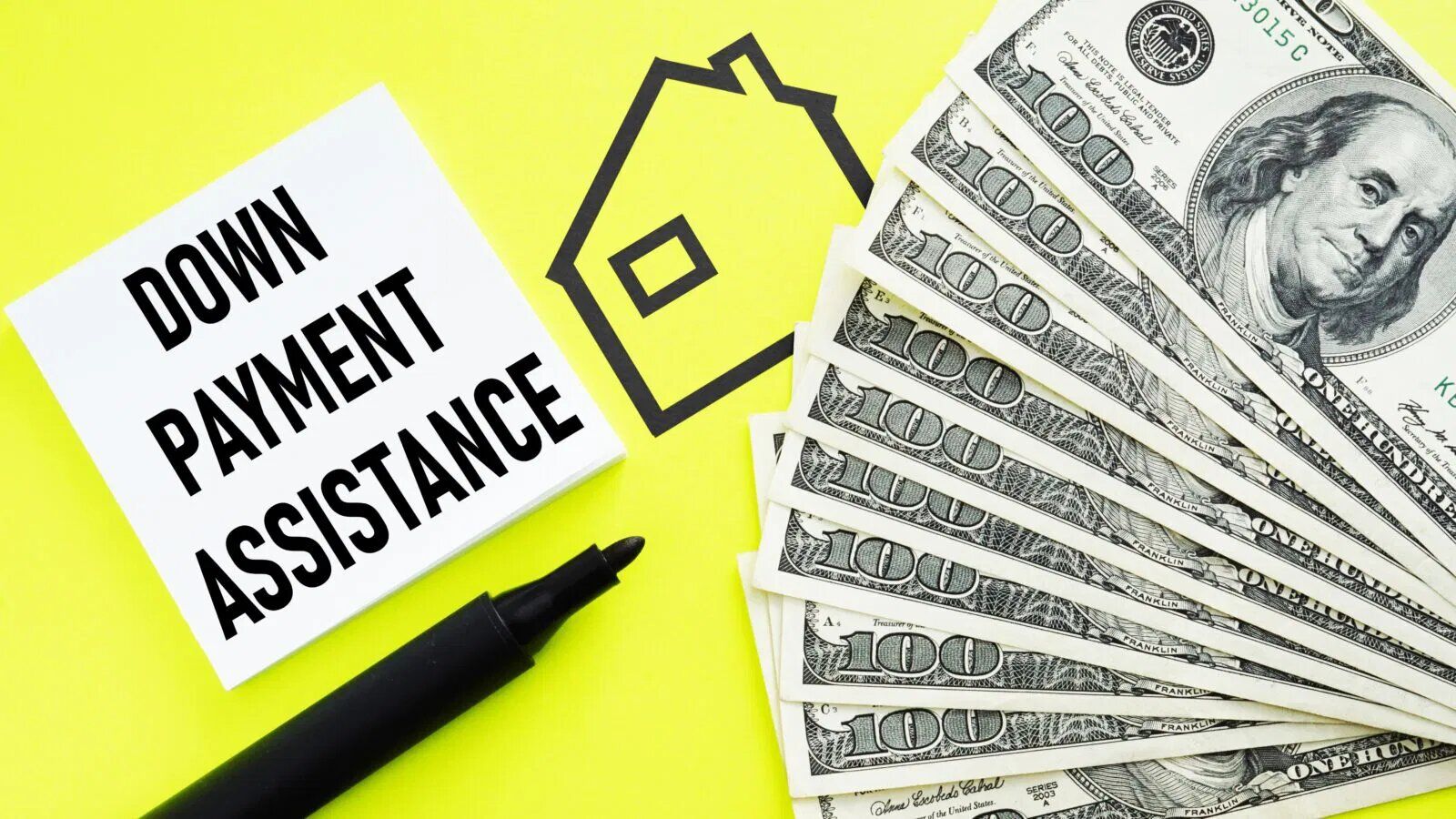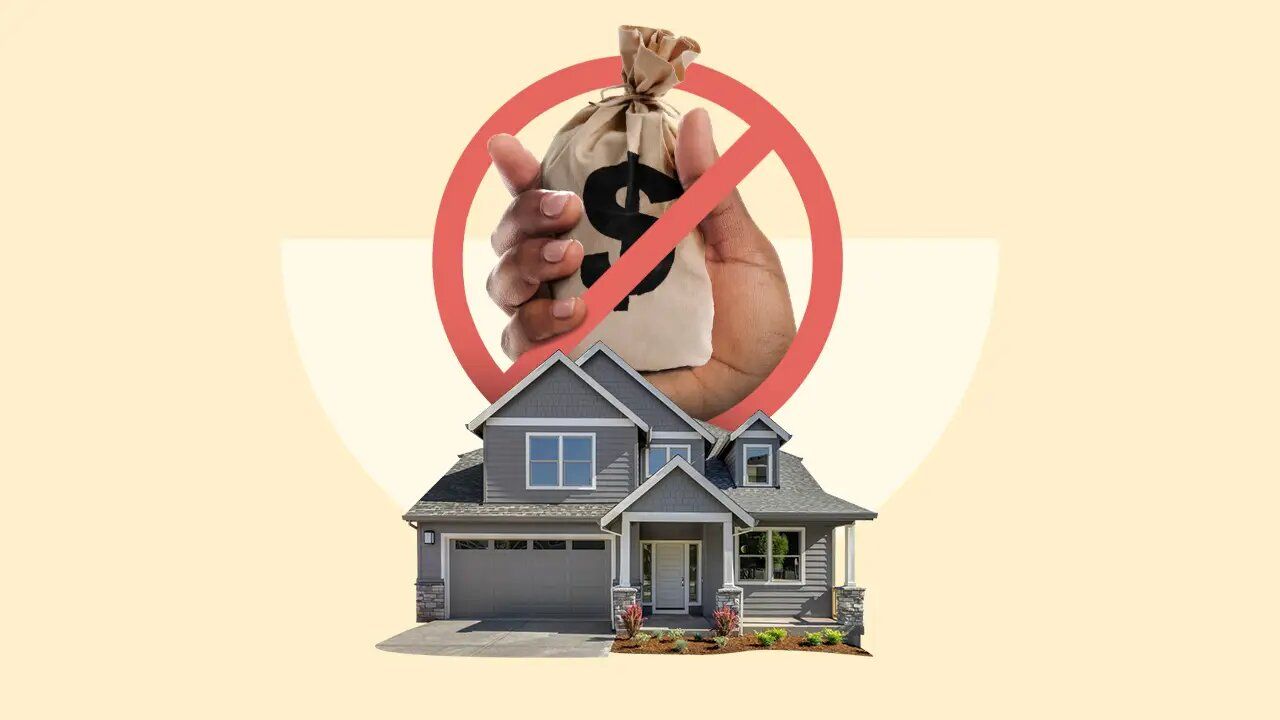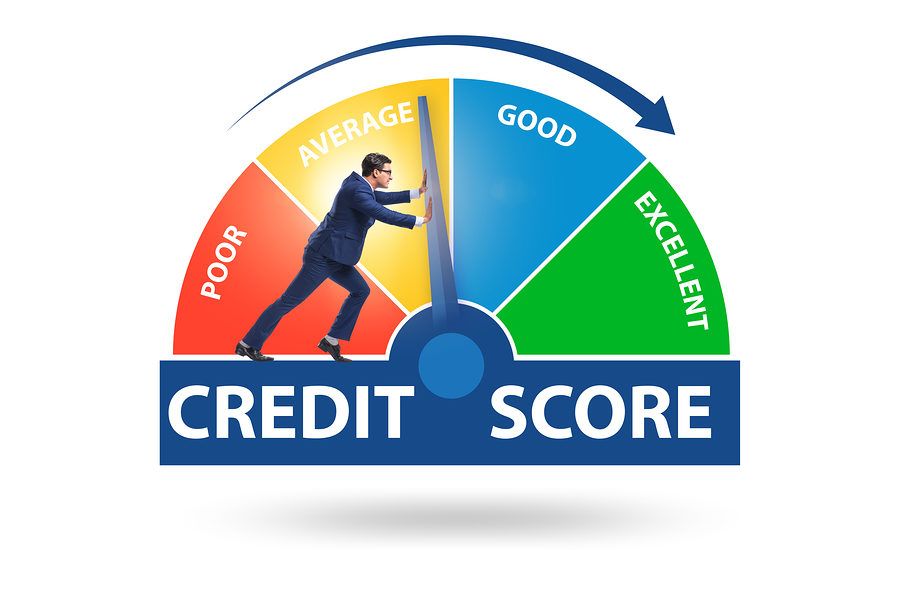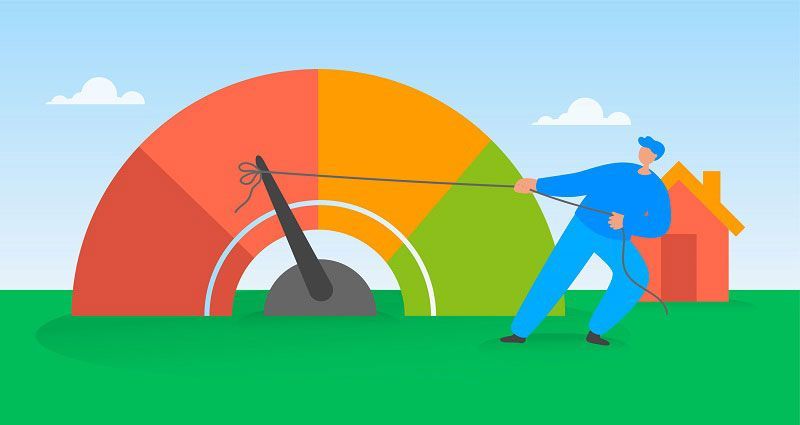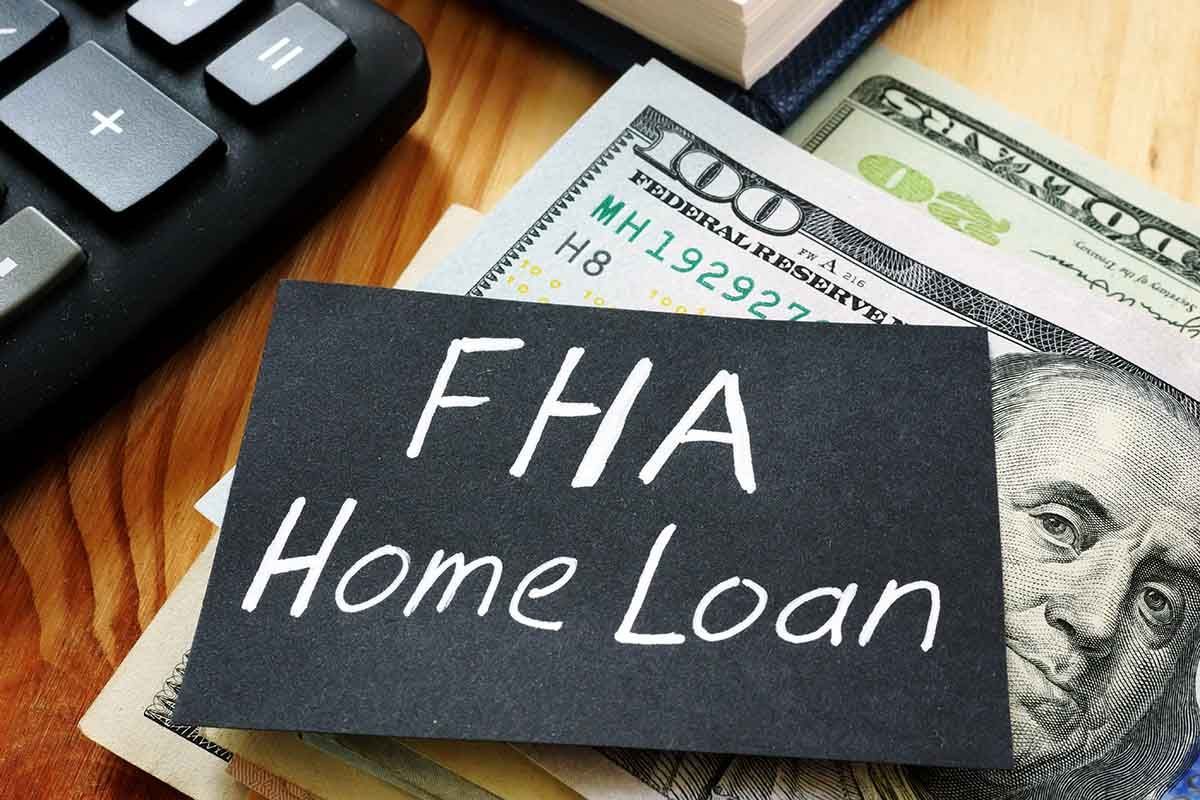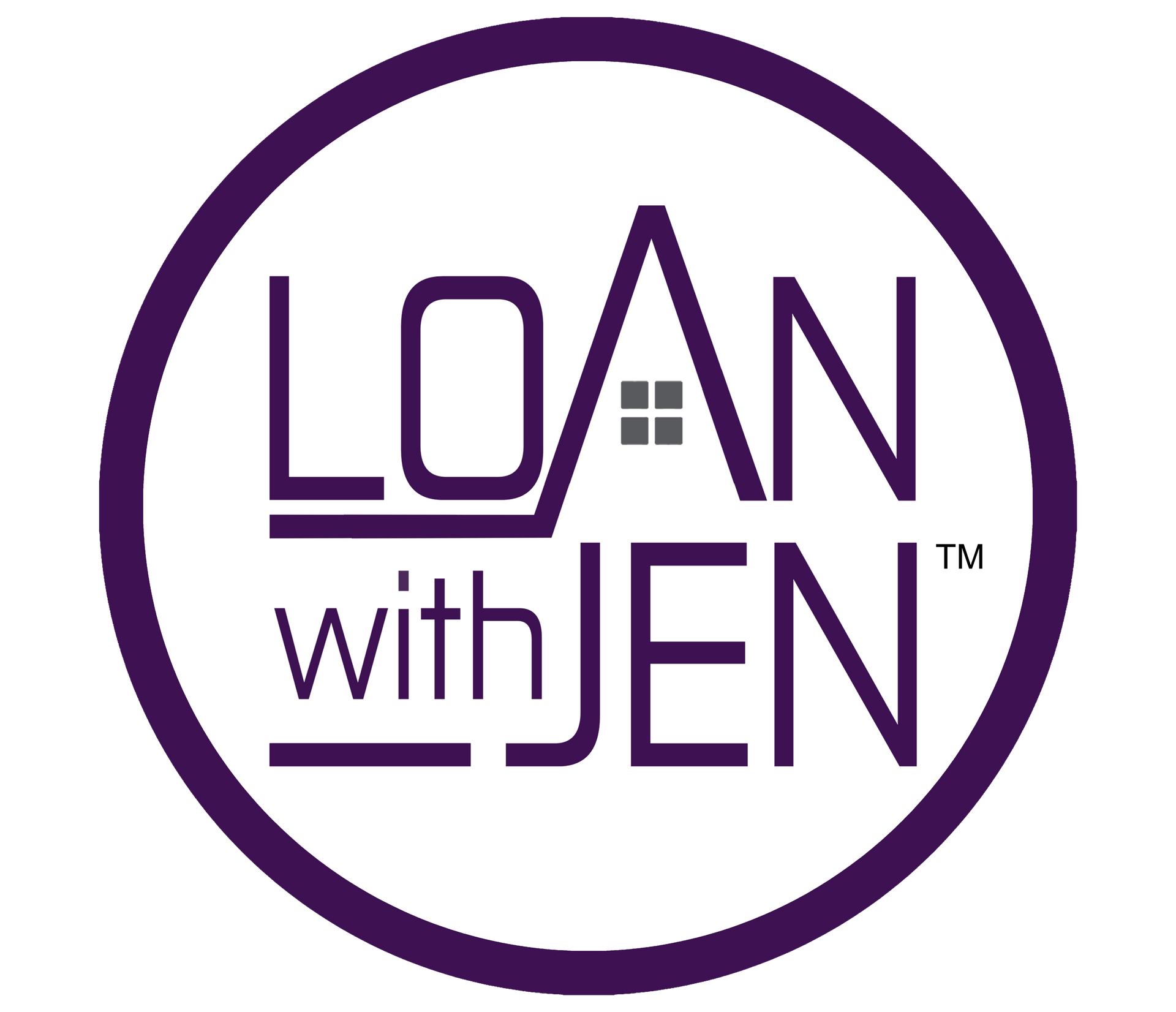We are an Equal Employment/Affirmative Action employer. We do not discriminate in hiring on the basis of sex, gender identity, sexual orientation, race, color, religious creed, national origin, physical or mental disability, protected Veteran status, or any other characteristic protected by federal, state, or local law.
What Are Mortgage Points?
When buying a home, mortgage points are a way to reduce the cost of a mortgage loan over time.
Mortgage points, also known as discount points or origination points, are fees that you pay your lender at closing in exchange for a reduced rate on your loan.
Paying for mortgage points is essentially making an upfront interest payment to lower your long-term costs , and save you money over the life of the loan in the form of less interest paid.
In this article, we will explore mortgage points, the advantages and disadvantages of paying for them, and how you can calculate if they are a good fit for your home loan.
Let's Define What Mortgage Points Are
So what are mortgage points? Mortgage points are a type of prepaid interest that allows you to pay less for your loan over time, in the form of a lower interest rate.
A mortgage point is a form of percentage that is multiplied by the loan amount. For example, one mortgage point is equal to 1% of the total loan amount. Points are not always an even number. Points can be a fraction, or decimal as well. For example, .25 points, or 1.25 points. Most lenders disclose their fees in forms of .125 , or eighths of a percentage.
When talking to a lender ask them to show you a loan with zero points, as well as with points. They will then show you how much the rate will decrease based on the points buydown.
For example, if you take out a $200,000 loan and decide to take a lower rate for 2 (two) points, it would cost you the loan amount ($200,000) times 2%. This equals $4,000 that is paid at the time of closing in the form of a one time closing cost. Keep in mind, once these closing costs are paid, they are not refundable.
How much the interest rate decreases, really depends on the pricing of that day and how mortgage bonds are trading on Wall Street. Sometimes a one percent mortgage point (1%) can reduce your interest rate .25%, and sometimes it can reduce your rate .625%. There is not a pattern.
One misconception, is that a 1% mortgage point fee, will reduce your rate by 1%. this is not the case. Here is more information on how mortgage rates are determined.
The Advantages of Mortgage Points
The main advantage of purchasing mortgage points is that your interest is lower over time.
In addition, you have a lower monthly payment. By paying for points upfront, you are essentially pre-paying part of the interest on your home loan. This can be especially beneficial if you plan on staying in your home for an extended period or expect interest rates to rise in the near future.
Discuss with your mortgage lender what the recover time is on the points paid upfront. In other words, for the price paid upfront, what is the monthly savings on the payment with the reduced rate? If you take the upfront cost, divided by the monthly savings, that will give you the recoup time. Generally, if you can recover the upfront cost in 2 to 5 years it can be a generally good idea.
For example, if the upfront cost for points is $4,000 at closing, and the savings is $150 per month, your recovery time is $4,000 divided by $150. That is 26.6 months. That would be considered a quick recovery time. As long as you think you will be in the home in 2 years, it could be a good idea for you to purchase the points now. However, if you think you will move, or potentially refinance, for example, if rates are expected to decline, you might want to reconsider.
There are tax savings to mortgage points paid as well! The IRS allows you to deduct mortgage points off your taxable income. This is not official tax advice, and policies do change from time to time, so please double check with your tax preparer.
The Disadvantages of Mortgage Points
The primary disadvantage of buying mortgage points is that they require an upfront payment.
This may only be affordable for some people however, they are certainly something to consider investing in. Be sure to explore how a seller could help pay for these costs in form of a seller closing cost credit. Your realtor would help negotiate this at the time you present your offer to the seller.
Additionally, because mortgage points are nonrefundable, it's essential to make sure your savings will outweigh the initial costs before making the decision to purchase points.
It's also important to note that purchasing mortgage points does not reduce your principal balance and could cause you to pay more in interest over time if market conditions change. Therefore, you must understand how long it takes to recoup the cost of purchasing mortgage points before committing to them.
Weighing Your Mortgage Points Cost Vs. Benefit
To determine if purchasing mortgage points makes financial sense for you, it's important to look at the cost/benefit ratio. This will show you how long it takes to break even on your points purchase.
For example, if you purchase two points on a $200,000 loan and pay $4,000 upfront for a lower interest rate, and your payment decreases $80 a month, it would take 50 months ($4,000 divided by $80) to recoup the costs of the points. This translates to you breaking even for the cost paid in month number 50. After that time, you are saving money at the lower rate and payment.
After you calculate the recoup time, it is important to consider how long you will be in the home, and also attempt to predict if a future refinance would happen before that time. This would mean that you will be redoing the mortgage, and therefore paying upfront points now might not be the best idea.
These are just some of the things you need to consider, when deciding whether purchasing mortgage points is right for you.
What Happens to My Mortgage Points if I Refinance?
If you decide to refinance your home after purchasing mortgage points, it is important to know that any costs you paid from a prior loan, whether at the time of purchase or an ensuing refinance, are not able to be recovered.
Are Mortgage Points Right for me?
With this information in hand, you can make an educated decision about whether or not mortgage points are right for you.
The bottom line is that they can be a great way to save money over the life of your loan. This is only if you understand how they work and calculate their costs against their benefits.
So take your time researching before investing in mortgage points to get the most out of them! Get in touch with us now to get pre-approved for a mortgage loan.
Unsure which documents you need to get pre-approved for a home loan? Download our Pre-Approval Checklist to uncover all documents needed to get pre-approved for a home loan in Texas!
